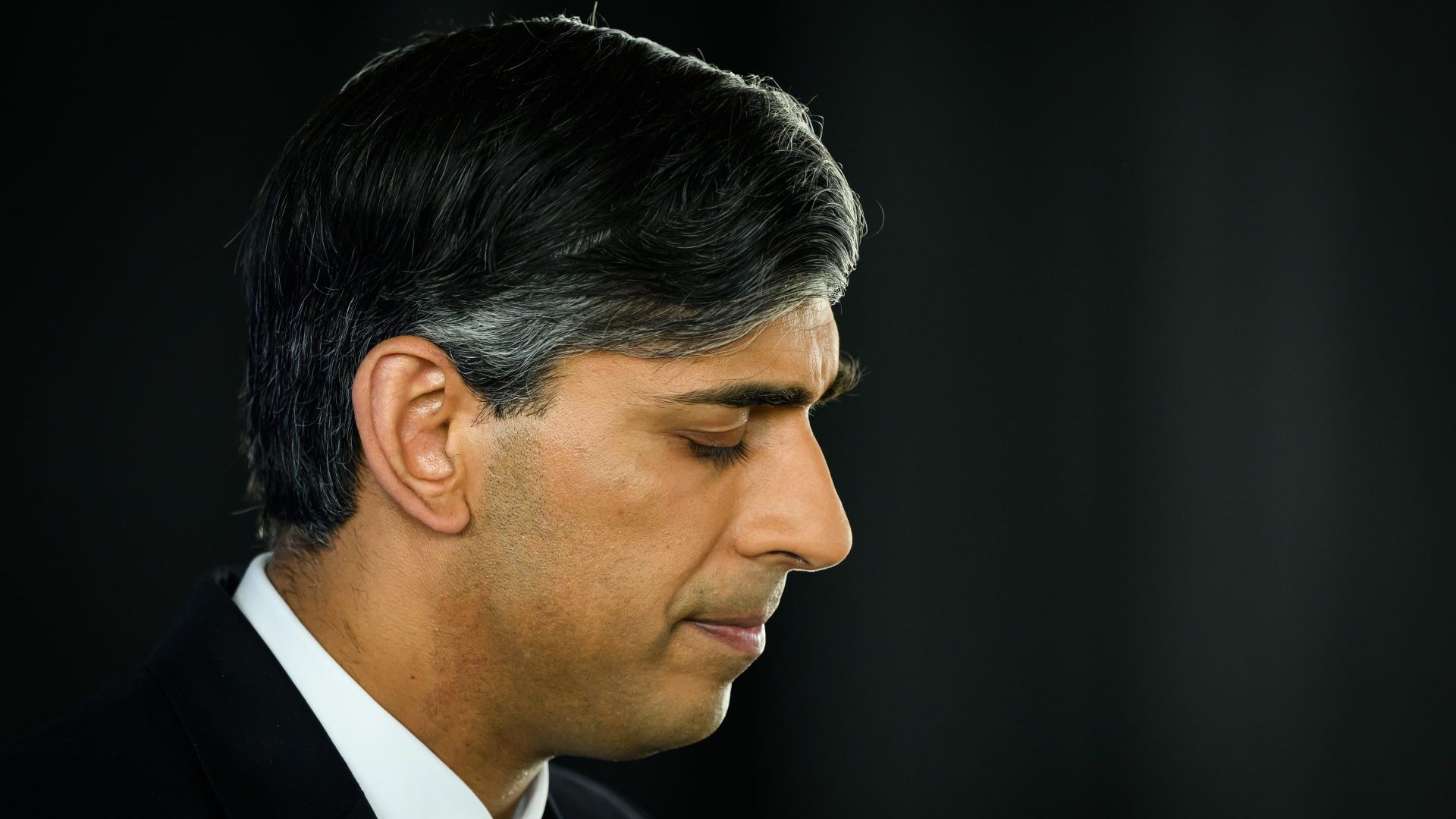Election campaigns can be about many things. They’re about policies, debates, expectation management, promises, manifestos, controversies, and heaven knows what else. Still, at their core, they’re really all about story-telling.
When a party leader stands in front of voters and tells them that they should vote for him or her, what they are doing is trying to paint a picture of the Britain they want to build. Of course, it has to be underpinned by specific ideas and political convictions, but the finished product has to be more than the sum of its parts.
If you look at past elections, it’s easy to see that the person with the most vivid picture of what Britain’s future should look like is usually the one who won. Back in 2015, the first election I covered, no one could tell what Ed Miliband’s Britain would look like. There wasn’t a coherent image you could describe in a few sentences – it all felt all over the place.
You could and still can disagree with David Cameron’s vision, but cannot deny that it was there, and it was neat. Similarly, the Labour party did unexpectedly well in 2017 because Jeremy Corbyn was straightforward about his hopes and beliefs, and Theresa May couldn’t tame the Conservative party into rallying behind hers.
Again, in 2019, it was Labour’s turn to be confused and panicky and overpromise as a result, and the Tories walked it by offering something clear but simple. This time… well, if you’re reading this, you’ve presumably been following the news for the past few weeks. You’re aware.
What is interesting to think about, however, is why Rishi Sunak just keeps failing. He is obviously a clever man and someone who had a very successful career before entering politics. Hell, he even had a very successful career in parliament for a while. He made a lot of money, he lived in the US, he entered politics, joined the Cabinet after roughly four minutes and became chancellor not long after that. For a while, his life was a dream.
Why is it that he is now falling flat? Here’s a theory: it is deeply unclear why he got into politics in the first place. Theresa May had that problem to an extent, as she clearly loathed being prime minister, but at least everyone could see that she’d enjoyed being a parliamentarian and a minister.
Sunak doesn’t even have that. Sure, you could argue that he enjoyed running the Treasury, but that’s a very specific gig. By definition, a career in politics requires you to do a number of things, and enjoy them all. It isn’t clear at all that he ever truly enjoyed being a constituency MP.
He is often visibly uncomfortable while interacting with voters and with the media – two things that every politician has to do often. Many of his speeches have sounded stilted and uncomfortable, and he gets noticeably tetchy when questioned. In fact, there doesn’t seem to be anything he has really enjoyed in his short stint as prime minister.
You could perhaps argue that he looks in his element during TV debates, but you don’t need to be prime minister to argue about politics with others. The rest of the time, he looks and sounds like someone who would rather be somewhere else – ideally in California.
It is a major problem for him because voters aren’t stupid, and what they want is someone who will change the country for the better. Keir Starmer may not be thrilling, but his pitch is convincing. He never seemed overly comfortable in Parliament, but you can buy that he would thrive in Downing Street.
It may seem like touchy feely stuff, but it’s important. You’ve got to know why someone decided to get into politics, then climb the greasy pole all the way to the top. As countless polls have shown, people value trust in public life and need politicians they feel are trustworthy. You can never truly trust someone if you don’t really understand their motivations.
Why is Rishi failing right now? There are a million reasons, but one of them is that, well, why is he even here?











